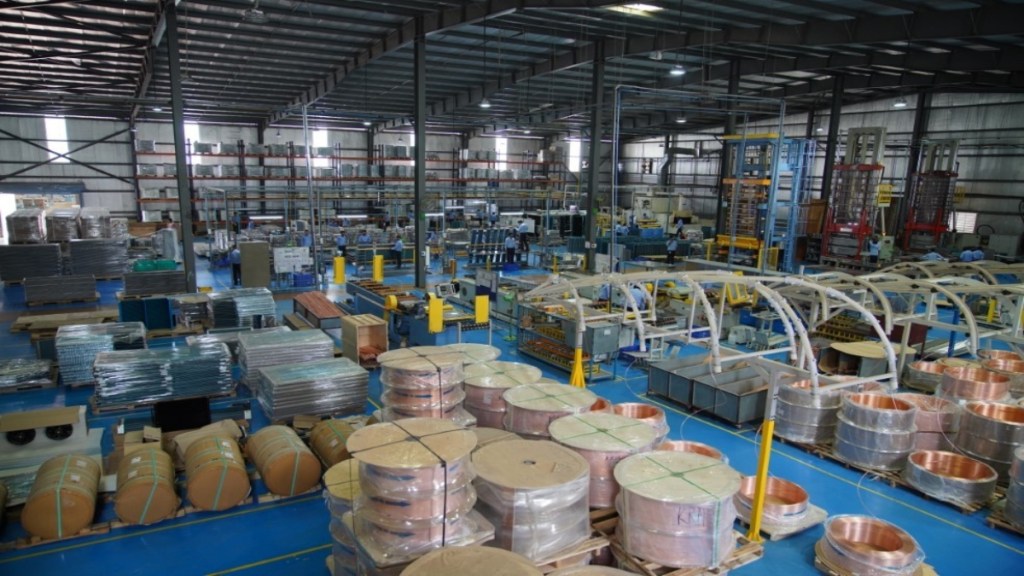KRN Heat Exchanger IPO Day 2 Subscription: The company’s IPO opened to investors on September 25. It closes on September 27. The allotment of shares was finalised on September 26. KRN Heat Exchanger will be listed on NSE and BSE on October 03. The IPO was subscribed fully on the very first day of its launch. KRN Heat Exchanger IPO was subscribed 26.11 times more than the offered shares, receiving bids worth Rs 10,300 crore for an IPO of Rs 341.95 crore.
KRN Heat Exchanger GMP
The company’s shares were attracting a GMP of 115%, hinting towards a strong listing. This can also be read as doubling the investors’ money on the listing day. Holani Consultants handled the book of the issue and Bigshare Services the work of the registrar.
KRN Heat Exchanger IPO- Retail segment subscribed 27x
The issue’s retail segment was booked 27 times and the NII category was subscribed to a total of 56 times on the first day.
KRN Heat Exchanger IPO- Key risks
Here are some key risks in KRN Heat Exchanger IPO as listed by the company in its filing with the market regulator, SEBI.
- The company is dependent upon a single customer, Daikin Airconditioning India, for almost 33% of its business. The company’s top ten customers account for more than 70% of its revenue. “Delay or cancellation of orders by any one or all of our top customers could have a material and adverse effect on our business, results of operations and financial condition,” said KRN Heat Exchanger in its RHP.
- Consolidation of raw material suppliers: The company sources most almost 18% of its raw materials from a single supplier. Not just that, 58% of the raw material to the company is supplied by its top five suppliers. The company procured 77.99%, 78.48% and 70.07% of raw materials from its top 10 key suppliers for the FY 2024, 2023 and 2022 respectively, said the company in papers filed with SEBI.
- Geopolitical policies may play a big role: It relies heavily on vendors in Malaysia, South Korea, Thailand, Vietnam, and China for raw materials. In FY2024, KRN Heat Exchanger’s import purchases accounted for 78.17% of its total raw materials bought. “Any country-related risk or any change in Government policies in relation to the import of goods or import of goods from any specific country or region may adversely affect the sourcing of our raw materials which may have an adverse effect on our business, operations and financial condition,” it said.
